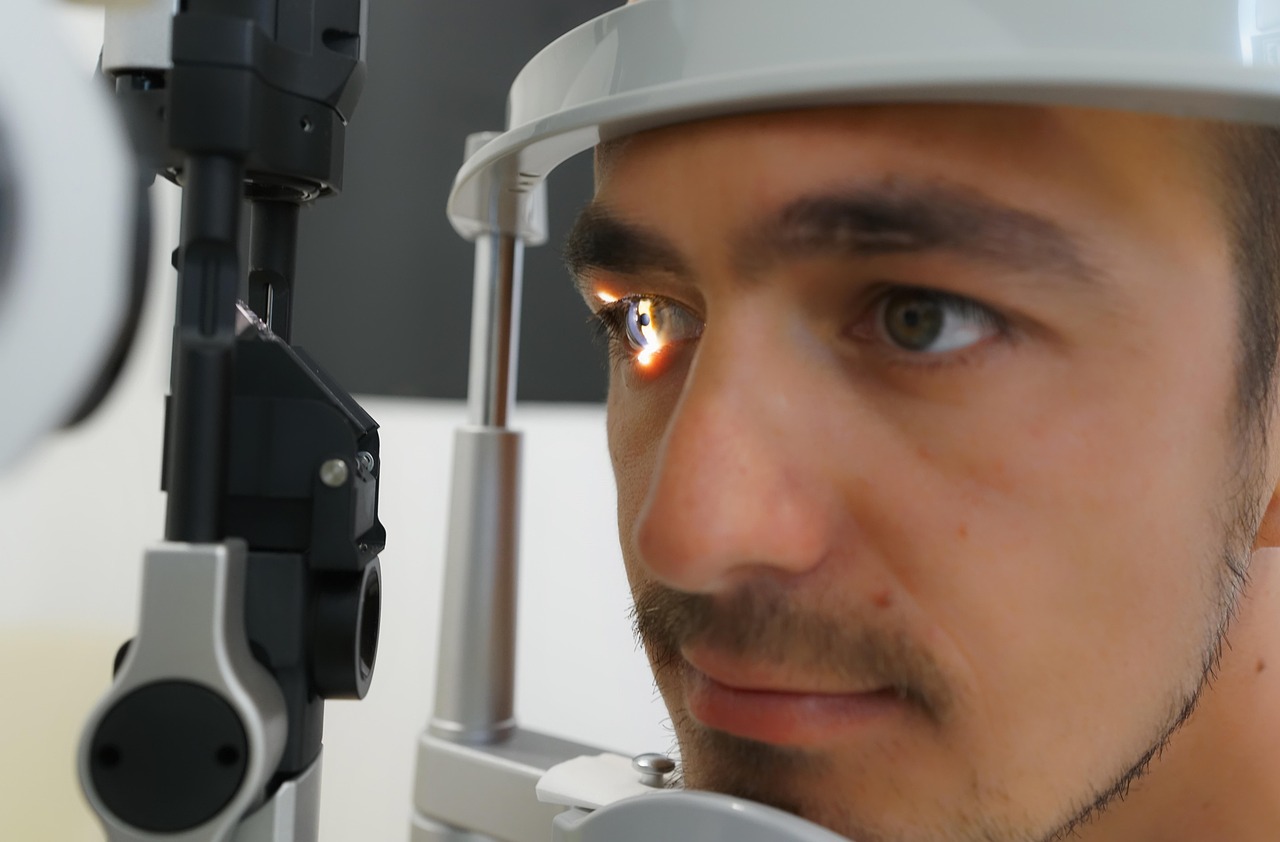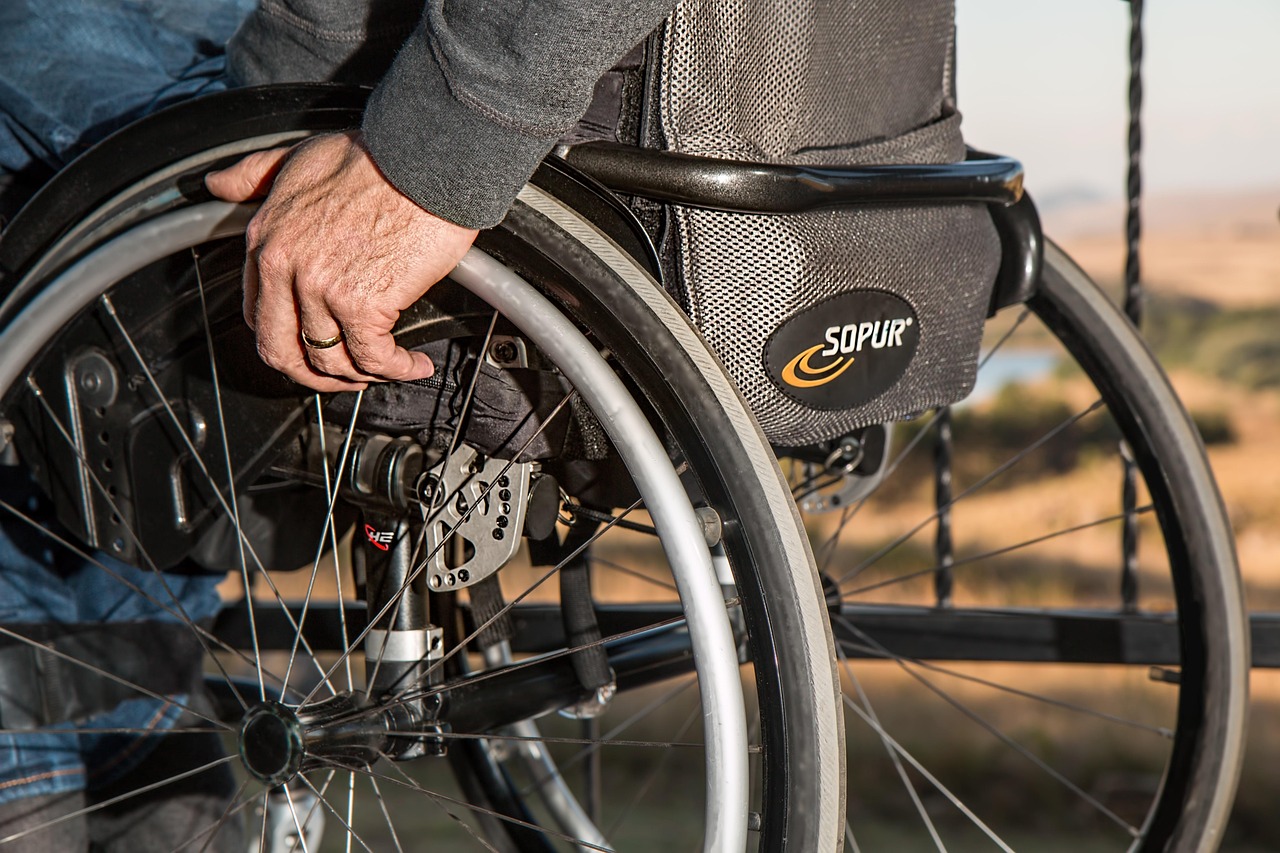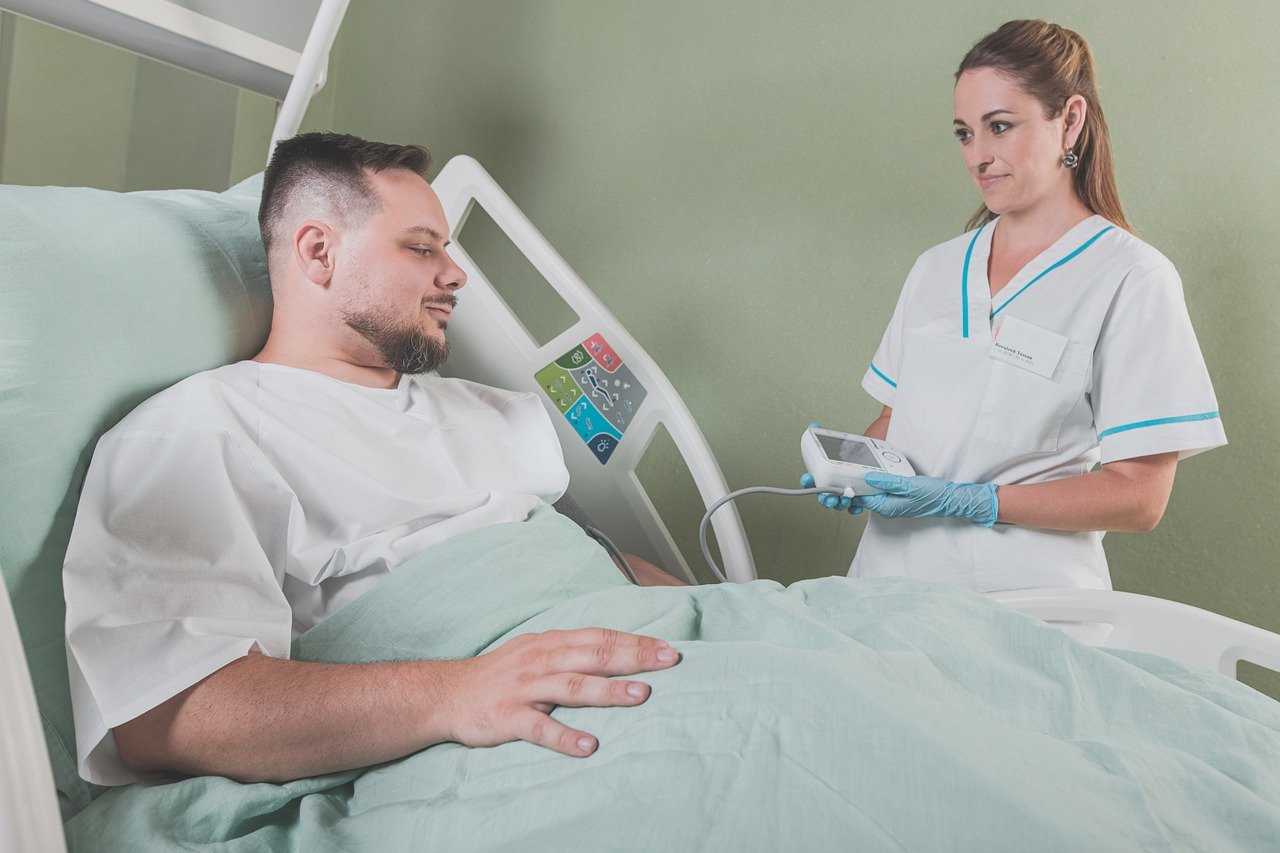16
Oct 2023
Why Proper Nutrition Supports a Speedy Post-Hospital Recovery
Published in General on October 16, 2023

Recovery from a hospital stay is a complex and multifaceted process. A person's nutritional intake can significantly impact the pace and efficacy of their recuperation. In this article, we'll delve into the mechanisms and reasons behind this pivotal relationship.
Protein Helps With Repair
Post-hospital patients - especially those recovering from surgeries or prolonged illnesses - often experience tissue damage or muscle atrophy. Protein is a fundamental building block for repairing damaged tissues and promoting muscle regrowth.
Various amino acids in proteins play pivotal roles in immune function, enzymatic reactions, and neurotransmitter synthesis. Without sufficient protein, the body struggles to mend effectively, prolonging recovery time.
Micronutrients Boost The Immune System
Post-hospital patients are often susceptible to infections, so they need to acquire a robust immune response. Vitamins like C and E and minerals like zinc are integral to immune system function. A diet rich in fruits, vegetables, whole grains, and lean proteins can provide these essential nutrients.
You may need to boost your vitamin C and K levels. To do this, you could buy oak barrel fermented Kraut, organic beetroot and citrus sauerkraut, or organic Tasmanian pepper berry kraut. There's also organic carrot, ginger, and turmeric kraut, and organic probiotic sauerkraut and kimchi.
Carbohydrates Provide Energy For Recovery
Carbohydrates are the primary energy source for our body. When consumed in their complex form (as in whole grains), they release energy gradually.
This ensures a steady supply to the recovering organs and systems. In contrast, a depleted energy reserve can slow down a person's recovery.
Fats Help With Cellular Restoration
Fats are essential for cell membrane integrity and the production of hormones. Omega-3 fatty acids (found in fatty fish, flaxseeds, and walnuts) exhibit anti-inflammatory properties.
This is particularly beneficial for post-hospital patients, as inflammation can be a roadblock to swift recovery.
It Improves Gut Health
Probiotics and fiber - found in fermented foods and plant-based sources respectively - support a healthy gut microbiome. A balanced gut can enhance nutrient absorption, boost immune function, and improve mood.
Post-hospital recovery is often accompanied by antibiotic usage, which can disrupt this balance. Thus, proper nutrition is needed to significantly expedite healing.
It Supports Mental Well-Being
Foods rich in omega-3s, antioxidants, and certain minerals can improve brain function and mood. A positive mental state can help in recovery, reducing perceived pain, promoting sleep, and enhancing overall resilience. Thus, a balanced diet heals the body and nurtures the mind, paving the way for a comprehensive and speedy recovery.
It Harnesses The Power Of Hydration
Water intake is crucial for a multitude of biochemical reactions that are integral to recovery. It aids in nutrient transportation, detoxification, and temperature regulation. Dehydration can impede these functions, slowing down the healing process.
Some illnesses cause dehydration and some medications affect fluid balance. In these scenarios, adequate hydration becomes paramount.
By prioritizing proper nutrition, patients can significantly enhance their chances of swift and holistic recuperation. They'll soon feel and look better, and experience fewer setbacks. In turn, they may make a full recovery and be able to resume their normal lives once more.









